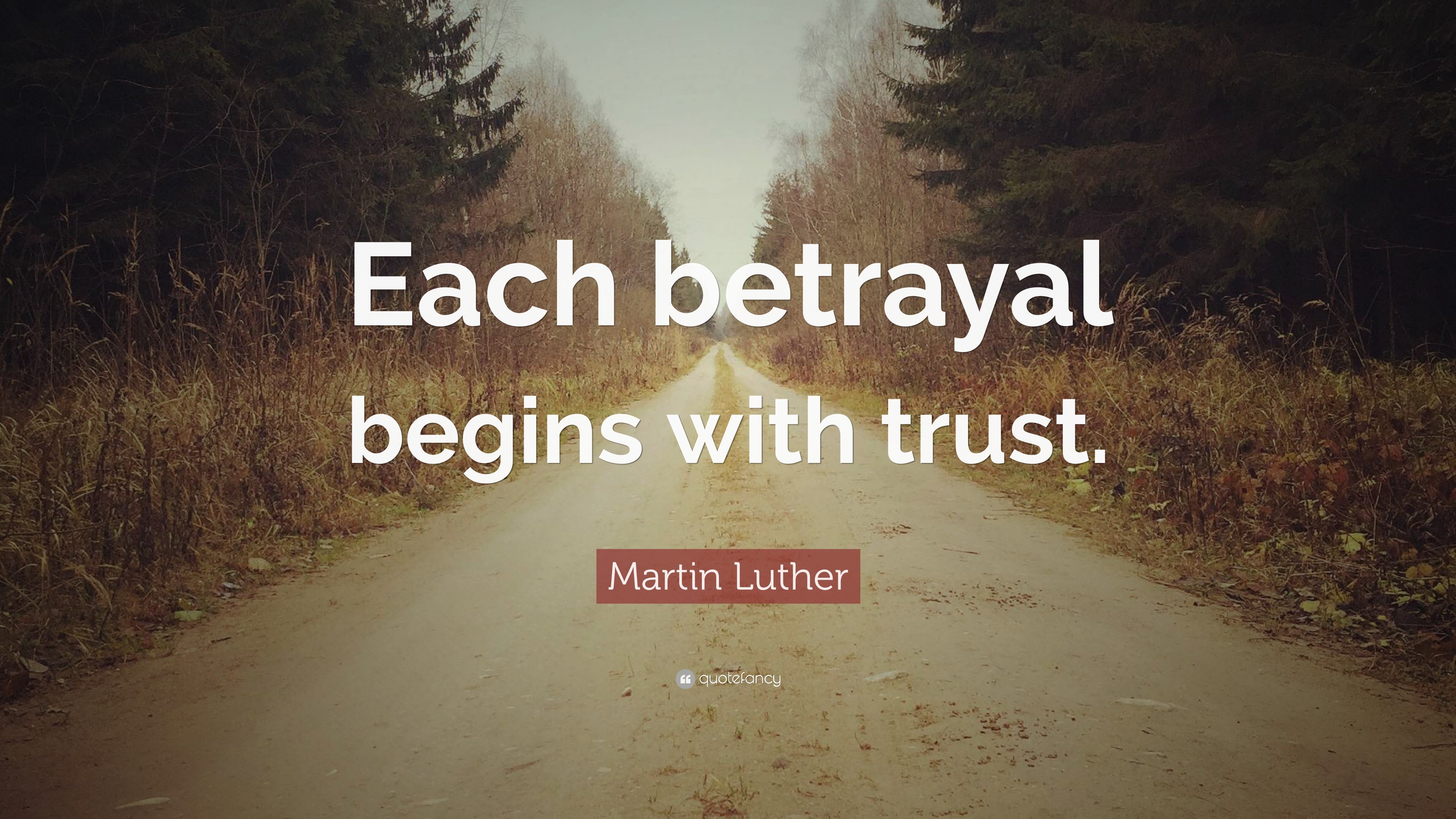House Built On Tears: The Deep Meaning Of Betrayal In Relationships Explained
Hey there, friend. You know how sometimes life throws you curveballs that feel like they came outta nowhere? Like, one minute you're cruising through your relationship, feeling all warm and fuzzy, and the next minute it's like the ground beneath you just crumbles. That's kinda what we're diving into today. The phrase "house built on tears" might sound poetic, but it holds a heavy truth about betrayal in relationships. So grab a cup of coffee, get comfy, and let's unpack this together. It's gonna be real, raw, and eye-opening.
This isn't just some random phrase you hear in a song or read in a book. "House built on tears" is a metaphor that speaks volumes about the foundation of trust in relationships. When someone betrays you, it's like the house you've carefully built together starts to crack. And trust me, we've all been there, or at least we know someone who has. This isn't just about romantic relationships either; it applies to friendships, family ties, and even professional bonds. Betrayal cuts deep, and it leaves scars that don't fade easily.
What makes this topic even more important is how often we sweep these issues under the rug. We pretend everything's fine, hoping the pain will just go away. But here's the deal: ignoring the problem doesn't make it disappear. In fact, it only makes it worse. So today, we're gonna explore the meaning behind "house built on tears," understand how betrayal affects relationships, and figure out ways to heal and rebuild. Let's do this.
- Exploring Hisashi Ouchi The Tragic Story Behind The Photos
- Ullu Telugu Web Series Movierulz Your Ultimate Guide To Bingewatching
What Does "House Built on Tears" Really Mean?
Alright, let's break it down. The phrase "house built on tears" is a powerful metaphor that describes relationships founded on lies, manipulation, or betrayal. Think about it: when you build a house, you need a strong foundation, right? The same goes for relationships. If the foundation is weak or compromised, the entire structure is at risk of collapsing. And when betrayal enters the picture, it's like pouring salt into an already open wound.
Now, this metaphor isn't just about the emotional pain of betrayal. It's also about the consequences that follow. When someone betrays you, it shakes the very core of your trust. It makes you question everything: your judgment, your worth, and even your ability to trust others in the future. And let's be real, that's a heavy load to carry.
Understanding the Emotional Weight
Let's talk about the emotional weight of betrayal. When someone you love or trust betrays you, it's not just a one-time event. It lingers, it festers, and it affects every aspect of your life. You might find yourself constantly second-guessing people, overanalyzing their actions, or even pulling away from new relationships altogether. It's like walking on eggshells, always waiting for the other shoe to drop.
- Alice Rosenblum Leaks Nude Videos Watch Now
- Masa49com Desi Adult Content More Than What You Need To Know
According to a study published in the Journal of Social and Personal Relationships, betrayal can lead to long-term emotional distress, including anxiety, depression, and even PTSD in severe cases. So yeah, it's not something you can just brush off and move on from overnight. Healing takes time, effort, and sometimes professional help.
Common Forms of Betrayal in Relationships
Betrayal comes in many shapes and sizes, and it's not always as obvious as cheating or lying. Sometimes, it's the little things that add up over time, leaving you feeling hurt and disconnected. Let's take a look at some common forms of betrayal:
- Emotional Infidelity: This happens when someone prioritizes someone else's emotional needs over yours. It can include secretive conversations, emotional intimacy with others, or even fantasizing about someone else.
- Financial Betrayal: Ever heard of "financial infidelity"? It's when someone hides money, debts, or financial decisions from their partner. This can be just as damaging as emotional or physical betrayal.
- Broken Promises: Promises are like contracts in a relationship. When someone breaks a promise, it chips away at the trust you've built together.
- Gaslighting: This is a form of manipulation where someone makes you question your reality. They might deny saying something, twist the truth, or make you feel like you're overreacting.
These are just a few examples, but the bottom line is this: betrayal can take many forms, and it's important to recognize them so you can address them head-on.
How Betrayal Affects Trust
Trust is the glue that holds relationships together. Without it, everything falls apart. When betrayal happens, it's like breaking that glue and scattering the pieces all over the place. Rebuilding trust after betrayal isn't easy, but it's possible with the right mindset and effort.
According to Dr. John Gottman, a renowned relationship expert, trust is built on two key components: dependability and emotional attunement. When betrayal occurs, both of these components are compromised. Dependability is shattered because the person who betrayed you can no longer be relied upon. Emotional attunement is damaged because the emotional connection between you is broken.
Steps to Rebuild Trust
So, how do you rebuild trust after betrayal? Here are a few steps to consider:
- Open Communication: Talk about your feelings, concerns, and expectations. Make sure both parties feel heard and understood.
- Consistency: The person who betrayed you needs to show consistent behavior over time to prove they're trustworthy again.
- Accountability: They need to take full responsibility for their actions and make amends where possible.
- Patience: Healing takes time. Don't rush the process, and be gentle with yourself along the way.
Remember, rebuilding trust isn't a one-way street. Both parties need to be willing to put in the effort for it to work.
Impact of Betrayal on Mental Health
Let's talk about the mental health aspect of betrayal. When someone betrays you, it's not just your relationship that gets affected; it's your mental well-being too. You might experience a range of emotions, from anger and sadness to confusion and self-doubt. And let's be real, that's a lot to process.
Research shows that betrayal can lead to increased levels of stress, anxiety, and depression. It can also affect your self-esteem and make you question your worth as a person. That's why it's so important to prioritize your mental health during and after a betrayal.
Coping Strategies for Betrayal
Here are a few coping strategies to help you navigate the emotional turmoil of betrayal:
- Seek Support: Talk to trusted friends, family, or a therapist about what you're going through.
- Practice Self-Care: Engage in activities that make you feel good, whether it's exercising, journaling, or spending time in nature.
- Set Boundaries: If the person who betrayed you is still in your life, set clear boundaries to protect your emotional well-being.
- Focus on Growth: Use this experience as an opportunity to learn more about yourself and what you need in a healthy relationship.
Remember, healing is a journey, not a destination. Be patient with yourself and celebrate small victories along the way.
Recognizing the Warning Signs of Betrayal
Wouldn't it be great if we could see betrayal coming from a mile away? While it's not always possible to predict, there are certain warning signs you can look out for. Here are a few red flags to watch for:
- Secretive Behavior: If someone starts hiding their phone, changing their routine, or avoiding eye contact, it could be a sign of trouble.
- Defensiveness: When someone gets overly defensive or avoids answering your questions, it might indicate they're hiding something.
- Withdrawal: If they start pulling away emotionally or physically, it could mean they're losing interest or feeling guilty about something.
- Unexplained Expenses: Keep an eye on your finances. If there are sudden unexplained expenses, it might be worth investigating further.
Trust your gut instinct. If something feels off, it probably is. Addressing potential issues early on can save you a lot of heartache down the line.
Healing After Betrayal: A Path Forward
Healing after betrayal isn't easy, but it's definitely possible. It starts with acknowledging the pain and giving yourself permission to feel it. Bottling up your emotions only makes them fester and grow stronger. So, let it out. Cry if you need to. Yell if it helps. Do whatever you need to do to process the pain.
Once you've allowed yourself to feel the pain, the next step is to focus on healing. This might mean seeking therapy, journaling your thoughts, or practicing mindfulness techniques. Whatever works for you, do it. Healing is a personal journey, and there's no one-size-fits-all solution.
Forgiveness: The Final Step
Forgiveness is often the final step in the healing process. Now, this doesn't mean you have to forgive the person who betrayed you. It means forgiving yourself for trusting them and learning from the experience. Forgiveness isn't about excusing their behavior; it's about freeing yourself from the emotional baggage that's holding you back.
According to Dr. Frederic Luskin, a leading expert on forgiveness, holding onto anger and resentment only hurts you in the long run. Letting go of that negativity can improve your mental and physical health, and open up space for new, healthier relationships in your life.
Building Stronger Relationships Post-Betrayal
So, you've survived betrayal. Now what? The good news is that you can emerge stronger and wiser from this experience. Use what you've learned to build stronger, healthier relationships moving forward. Here are a few tips to help you do just that:
- Set Clear Boundaries: Know your limits and communicate them clearly to your partner.
- Practice Vulnerability: Share your thoughts and feelings openly, but also respect your partner's need for privacy.
- Communicate Regularly: Make time for open, honest conversations about your relationship.
- Prioritize Trust: Trust takes time to build, so be patient and consistent in your actions.
Remember, every relationship has its ups and downs. What matters most is how you navigate those challenges together.
Conclusion: Moving Forward with Strength
Alright, we've covered a lot of ground today. From understanding the meaning of "house built on tears" to exploring the impact of betrayal on relationships and mental health, we've dug deep into this heavy topic. The key takeaway is this: betrayal hurts, but it doesn't have to define you. You have the power to heal, grow, and build stronger relationships in the future.
So, here's my call to action for you: take what you've learned today and apply it to your life. Whether that means seeking therapy, setting boundaries, or practicing forgiveness, do something that moves you forward. And don't forget to share this article with someone who might benefit from it. Together, we can create a world where relationships are built on trust, respect, and love.
Table of Contents
- What Does "House Built on Tears" Really Mean?
- Common Forms of Betrayal in Relationships
- How Betrayal Affects Trust
- Impact of Betrayal on Mental Health
- Recognizing the Warning Signs of Betrayal
- Healing After Betrayal: A Path Forward
- Building Stronger Relationships Post-Betrayal
- Conclusion: Moving Forward with Strength
- Sone 436 Unlocking The Future Unveiling The Mystery
- Hdhub4u South Indian Hindi Dubbed Your Ultimate Guide To Bollywood Magic

10 Forms of Betrayal in Relationships That Can Be Damaging

Betrayal Quotes (40 wallpapers) Quotefancy

Betrayal Quotes (40 wallpapers) Quotefancy